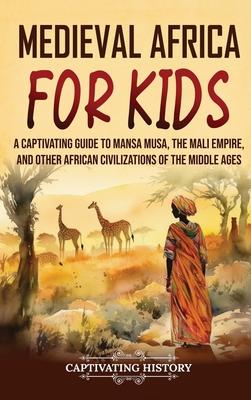How did medieval Africa impact the direction of the Middle Ages internationally?
When most people think about the Middle Ages, they think about Europe. Images of knights, jousting, and even Christianity seem ingrained in our understanding of the medieval era. However, the Middle Ages stretched far beyond Europe, which was struggling to rebuild after the fall of the Roman Empire. Europe may have fumbled along for about a thousand years, but Africa became a powerhouse of trade and wealth.
For years, many scholars have ignored medieval Africa. There aren't many written documents from the African kingdoms, so historians rely on outside sources and archeology. Many people don't realize Africa was brimming with innovation during this time or that it was connected to the outside world. Although historians don't know everything about this period of African history, medieval Africa has not been lost to time. We still have so much to learn about this era and how it changed the world.
It's time to set out on a journey to discover the empires and people who made medieval Africa so influential. In this new and captivating book, you'll learn how medieval Africa held its power and changed the world, impacting us today.
Here are some of the questions you will discover within the pages of this book:
- Was Mansa Musa I really the wealthiest person in world history?
- Why wasn't the Ghana Empire close to modern Ghana?
- How did Islam come to Africa?
- Are any of the medieval empires still here today?
- How did the African kingdoms react to the slave trade?
- Why were the Portuguese important to the Benin Empire?
- How did Timbuktu become a center for trade and learning?
- Why did the Kingdom of Abyssinia adopt Christianity instead of Islam?
- How did the Mali Empire build its great mosques without stones?
- Was the Trans-Saharan Trade Route created because of gold and salt?
- Why are Benin's brass plaques spread across the world?
- Who was the most famous African leader during the Middle Ages?
